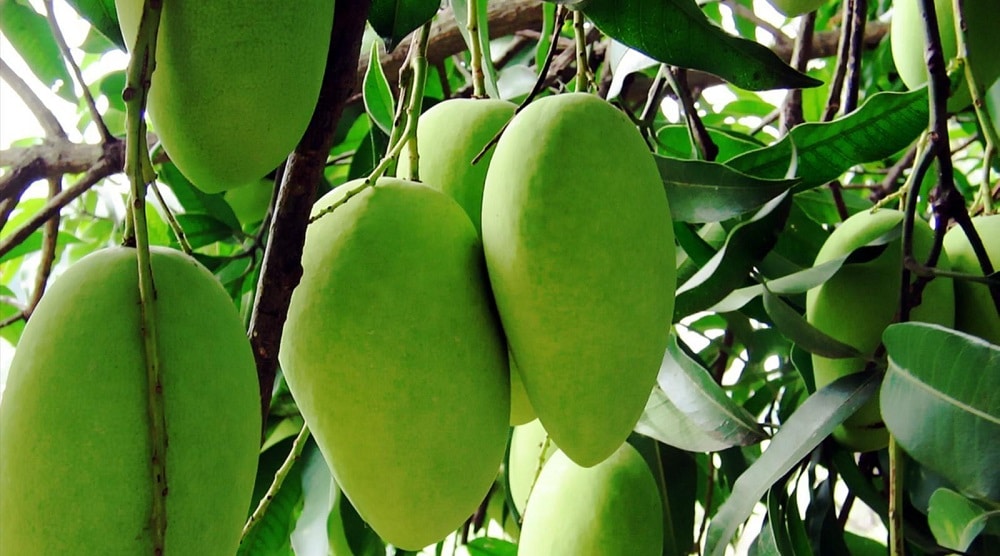The Asian Development Bank (ADB) has said that Pakistan’s fruit and vegetable sector is underperforming due to constraints that are institutional, functional and structural.
ADB has highlighted institutional constraints such as operational inefficiencies, and weak coordination, functional constraints like inefficient handling, transportation, storage, and trading, and structural constraints such concentrated market power, unsuitable roads, equipment, and market facilities.
The Bank in its latest report “Building Horticulture Value Chains and Reducing Postharvest Losses in Pakistan”, noted that Pakistan’s horticulture sector is not realizing its full potential. The value chains of fruits and vegetables in Pakistan face several challenges and constraints, such as low yields, postharvest losses, inadequate grading and packaging, poor logistics, lack of technical information, and absence of quality and safety standards. As a result, the contribution of fruits and vegetables to the economy is below its potential.
It further stated that postharvest losses are significant in apples (25 percent), potatoes (20 percent), and chilies (15 percent) and are mainly due to manual and improper postharvest management practices.
To reduce postharvest losses, modern standard facilities and norms are needed to improve (i) production— with mechanized harvesting and handling, standard weight and packing practices, and commodityspecific transportation; (ii) wholesaling—with infrastructural improvements and labor training for proper commodity handling; and (iii) allied support facilities— with paved roads, scientific storage, and continuous electricity supply, the Bank added.
The report suggested that improving the performance of horticultural value chains could contribute to the socioeconomic development of Pakistan. Postharvest losses, particularly at the farm level, are the major constraint on the performance of these value chains, significantly reducing the marketable value of the fruits and vegetables. Major reasons for postharvest losses are (i) poor harvesting and packing practices; (ii) inadequate grading; (iii) limited cold storage; (iv) poor, narrow roads linking farms to urban markets; (v) inefficient transportation; and (vi) a lack of good quality packaging material, such as corrugated boxes.
There is a dire need to address these issues along the horticultural value chains. This can be accomplished by strengthening support services and institutional and policy frameworks, improving value chain governance, and upgrading infrastructure. To this end, private sector engagement is critical because the public sector alone cannot upgrade the performance of value chains on a sustainable basis, it added.
The report noted that in Pakistan, the agriculture sector plays a key role in the economy by contributing 19.3 percent to the national GDP. Most of the population living in rural areas depends on agriculture for their livelihood. The agriculture sector has forward and backward linkages with other industries as the supplier and consumer of inputs.
The country has vast natural resources, including water and fertile land. Several major and minor crops, including fruits and vegetables, are grown, traded, and consumed. The demand, as expressed in the cumulative agricultural growth ratio for fruits and vegetables in Pakistan, has increased from 5.6 percent in 2016 to 5.9 percent in 2020.

























